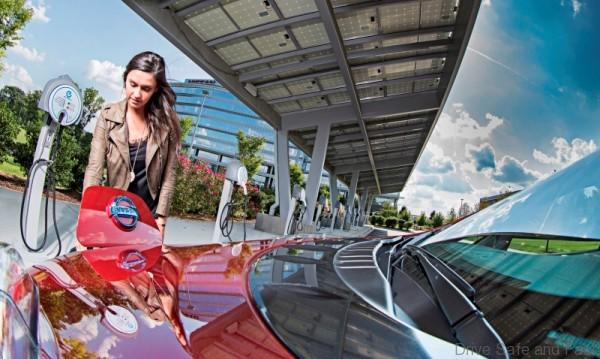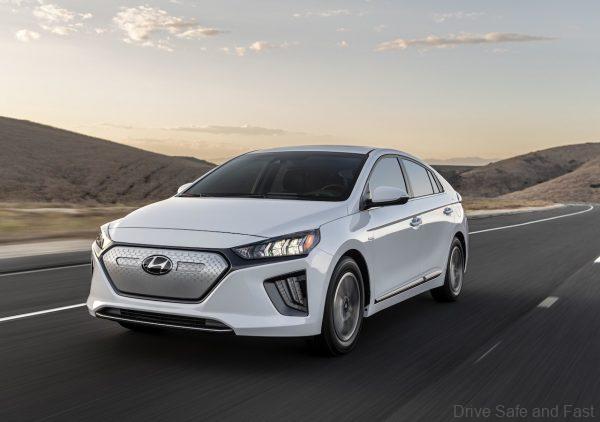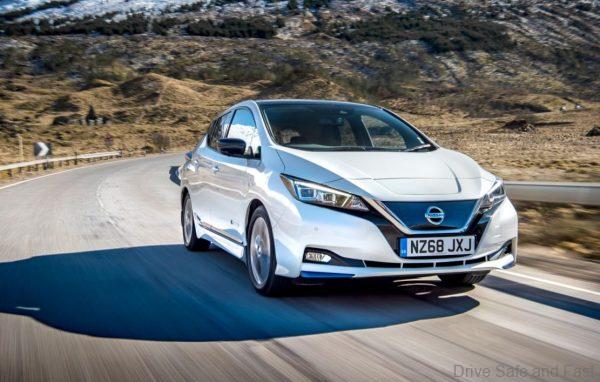Singapore gets serious about making the electric vehicle push.
Earlier this week, the Singaporean government announced their 2021 Budget, as reported by CNA. What interested us was their new moves to encourage electric vehicle (EV) adoption. Unlike the NAP 2020, these measures have actual numbers attached to them, so foreign carmakers can make an accurate assessment of the situation before deciding to launch a product in the market. Perhaps the most important point to take note of is that the Singapore government has an actual goal in mind: phase out petrol and diesel-powered vehicles by 2040.

Charging Infrastructure Improvements in Singapore
Before we get into the details of how exactly they’re incentivising EV adoption, let’s talk about Singapore’s charging network. Currently, the island-nation has less than 2,000 charging points. Not great, honestly. But by 2030, the government will make it so that there are 60,000 charging points. These will be distributed between public car parks and private premises. How they’ll achieve a 3650% increase in under 10 years is beyond me. But if you can stop an entire country from chewing gum, you can work miracles. I don’t doubt they’ll come closer to this goal than Greentech came to theirs.

Government Incentives: SG$30 Million Over Next 5 Years
The general public may not be aware of this, but electric vehicles are expensive. Without direct government involvement, they become uncompetitive and will lose out to petrol or diesel alternatives on the open market. In Malaysia, we have a system setup for privatised incentives for each manufacturer behind closed doors. In Singapore, what’s happening is the government is giving customers direct rebates to help bring costs down.
There are 3 ways they’re doing this.
Lowering ARF
The first is by way of their EV Early Adoption Incentive. If you’re buying an electric vehicle in Singapore, you’ll get up to SG$20,000 off on your Additional Registration Fee (ARF) until the end of January 2023. There’s also a chance you’ll be paying no ARF at all between January 2022 and December 2023 there is no minimum ARF payment for EVs for that period. As ARF is calculated based on the vehicle’s Open Market Value (OMV) upon importing it into Singapore, an affordable EV that would have generated an ARF of less than SG$20,000 could get away with the full rebate for a limited time.

VES Rebates
Last year, the Singapore government changed their Vehicular Emissions Scheme (VES) structure to give rebates to cleaner vehicles and to charge heavier polluting vehicles more. This has been extended to the end of 2022. Under this scheme, an EV buyer could pay SG$25,000 less than what he otherwise would with an ICE-powered vehicle.
Together the ARF and VES rebates make up a potential SG$45,000 savings to the average car buyer in Singapore, should they decide to buy an EV.
New Road Tax Bands
Singapore’s current road tax system is somewhat similar to ours in that it relies on the displacement of the car’s engine to be calculated. However, in Singapore, additional factors, such as the car’s age and fuel type can affect a road tax surcharge.

The Singapore government will be looking at how to revise their road tax structure to incorporate EVs into the mix, as engine capacity is not a metric that EVs have.
How Will Malaysian Commuters Be Treated in Singapore?
For now, there will be no hard ban on petrol or diesel vehicles in Singapore. This will probably mean the hundreds of thousands of Malaysians who work in Singapore and ride in on ‘kapchais’ daily (pre-pandemic) will still be allowed to do so. However, as we get closer to 2040 (which is less than 20 years away), this may change drastically. Can we expect a boom in electric bikes on the horizon? Or will our governments finally agree to an MRT system? Time will tell.
